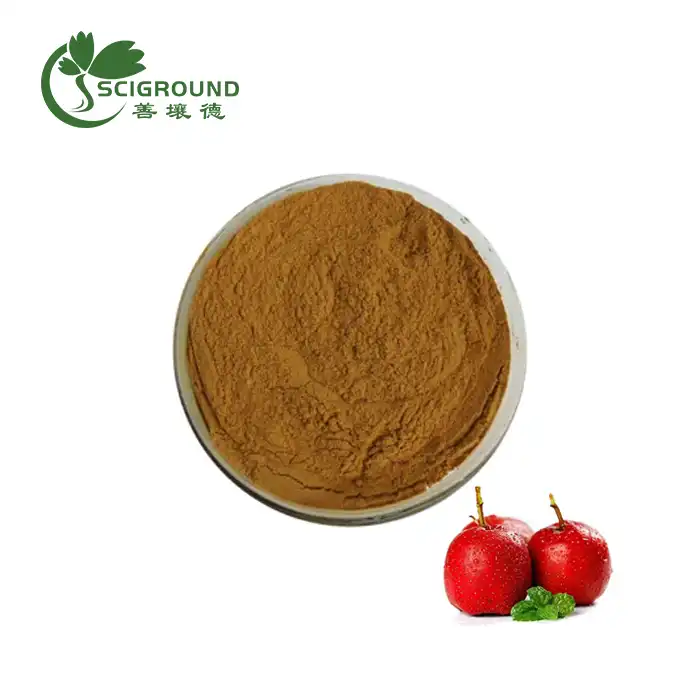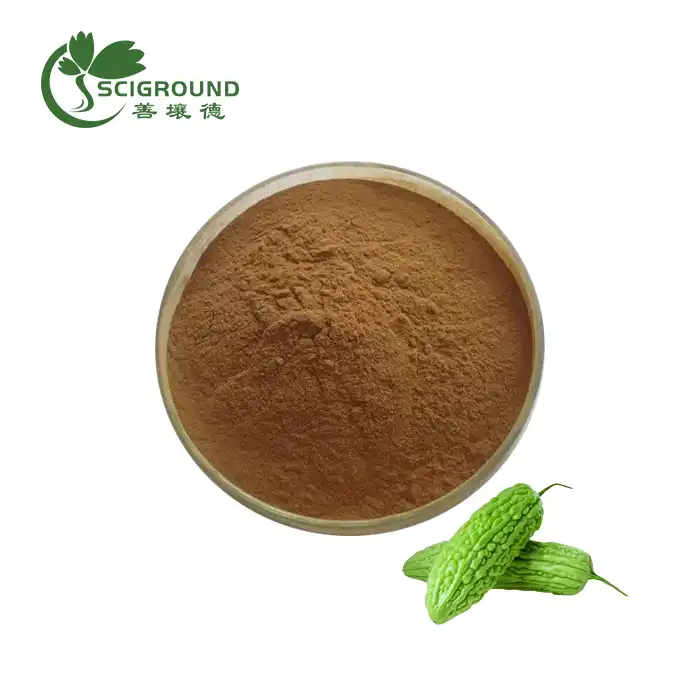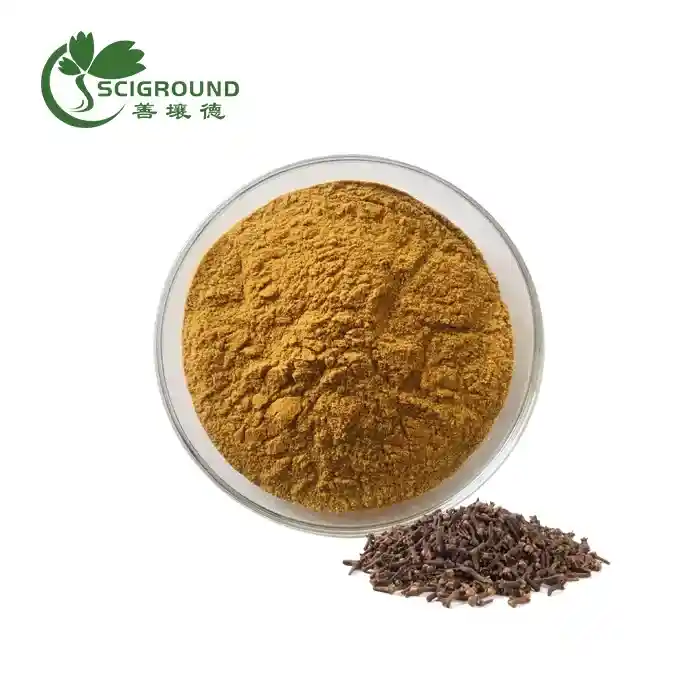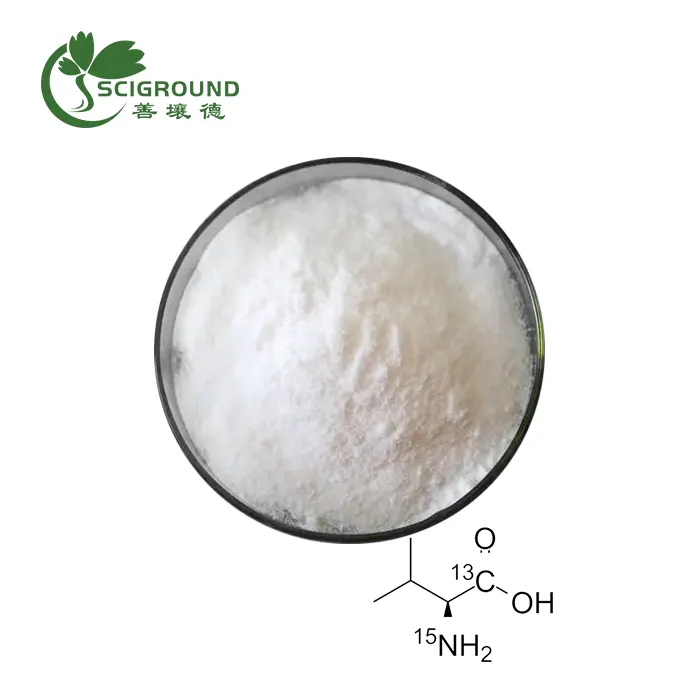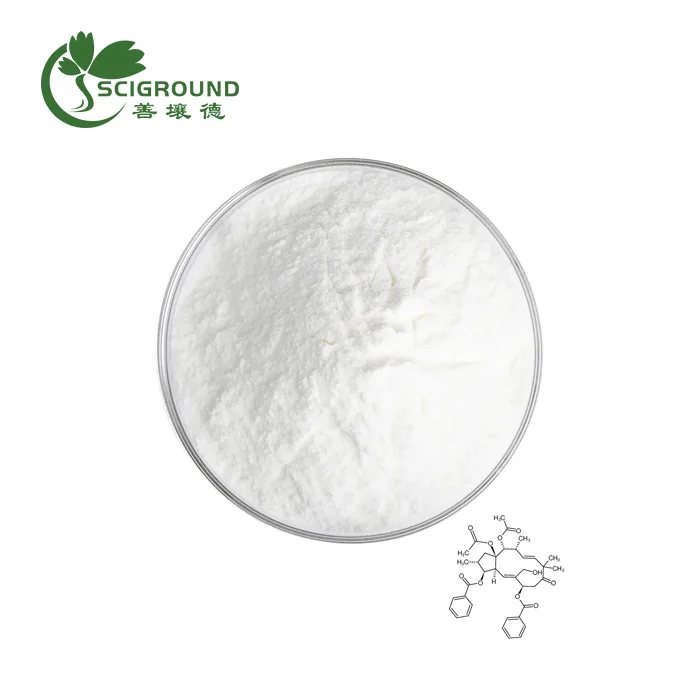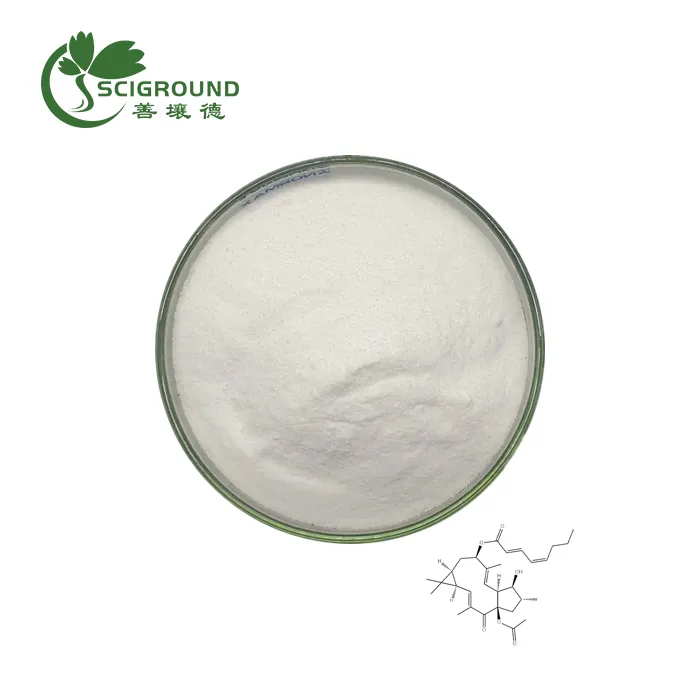Polygonum Cuspidatum Root Extract: Unlocking the Health Benefits of Resveratrol
Introduction
Polygonum cuspidatum, commonly known as Japanese knotweed, is a plant native to East Asia. It has been highly valued in traditional medicine for centuries. One of the key components found in Polygonum cuspidatum is resveratrol, a polyphenolic compound known for its potential health benefits. In this article, we will explore the properties and benefits of Polygonum cuspidatum root extract, with a specific focus on the remarkable compound resveratrol.
What is Polygonum Cuspidatum Root Extract?
Polygonum cuspidatum root extract is derived from the roots of the Japanese knotweed plant. It is rich in various bioactive compounds, including resveratrol, which is the primary component responsible for its health-promoting effects.
Resveratrol: An Overview
Resveratrol is a natural phytoalexin produced by certain plants as a response to stress, injury, or fungal infection. It gained significant attention due to its presence in red wine and its association with the French Paradox - the observation that despite consuming a diet high in saturated fats, the French have relatively low rates of cardiovascular disease. Resveratrol has since been studied extensively for its potential health benefits.
Health Benefits of Resveratrol
1. Antioxidant and Anti-inflammatory Properties
Resveratrol is known for its potent antioxidant and anti-inflammatory effects. These properties help protect the body against oxidative stress and chronic inflammation, which are underlying factors in many diseases, including cardiovascular conditions, neurodegenerative disorders, and certain cancers.
2. Cardiovascular Health
Resveratrol has been associated with several cardiovascular benefits. It may support heart health by improving blood flow, reducing inflammation in blood vessels, and helping to prevent the formation of blood clots. Additionally, resveratrol may have a positive impact on cholesterol levels by increasing levels of high-density lipoprotein (HDL) cholesterol, often referred to as "good" cholesterol.
3. Anti-aging Effects
The antioxidant properties of resveratrol contribute to its potential anti-aging effects. It helps neutralize free radicals, which are unstable molecules that can cause cellular damage and accelerate the aging process. By protecting cells from oxidative stress, resveratrol may help promote healthier aging.
4. Cognitive Function
Resveratrol has shown promise in supporting cognitive function and potentially reducing the risk of neurodegenerative diseases. It may help protect brain cells from damage, reduce inflammation in the brain, and improve blood flow to support optimal brain health.
5. Metabolic Health
Resveratrol has been investigated for its potential effects on metabolism and weight management. Some studies suggest that it may activate enzymes involved in metabolism, leading to increased calorie burning and improved insulin sensitivity.
Choosing and Using Polygonum Cuspidatum Root Extract
When considering Polygonum cuspidatum root extract, keep the following in mind:
Quality and Purity: Ensure you choose a reputable brand that provides high-quality and standardized extracts to guarantee the presence of resveratrol and other beneficial compounds.
-
Dosage Recommendations: Follow the dosage instructions provided by the manufacturer or consult a healthcare professional for personalized advice.
-
Potential Side Effects: While resveratrol is generally safe, high doses may cause digestive issues or interact with certain medications. Consult a healthcare professional if you have any concerns or pre-existing medical conditions.
-
Forms of Extract: Polygonum cuspidatum root extract, including resveratrol supplements, is available in various forms such as capsules, tablets, and liquid extracts. Choose the form that suits your preferences and needs.
Conclusion
Polygonum cuspidatum root extract, particularly its key component resveratrol, holds great promise as a natural supplement with potential health benefits. From its antioxidant and anti-inflammatory properties to its positive effects on cardiovascular health, cognitive function, and metabolism, resveratrol has garnered significant scientific interest. However, it is important to consult with a healthcare professional before starting any new supplement regimen. Embrace the potential of Polygonum cuspidatum root extract and experience the numerous advantages it may offer for your overall well-being.
Frequently Asked Questions (FAQs)
1. Is Polygonum cuspidatum root extract safe for everyone?
While Polygonum cuspidatum root extract is generally considered safe for most individuals, it's always recommended to consult with a healthcare professional before starting any new supplement or herbal regimen. They can evaluate your specific health conditions, medications, and potential allergies to ensure it is safe and suitable for you.
2. Can resveratrol supplements replace a healthy diet and exercise?
Resveratrol supplements should not be considered a replacement for a healthy diet and regular exercise. They can be seen as a complement to a balanced lifestyle that includes nutritious eating habits and physical activity. Maintaining a healthy diet and exercise routine is essential for overall well-being.
3. Are there any contraindications or interactions with certain medications?
Resveratrol supplements may interact with certain medications. It's important to consult with your healthcare provider, especially if you are taking medications such as blood thinners or antiplatelet drugs. They can provide personalized advice based on your specific medications and medical history.
4. How long does it take to experience the benefits of Polygonum cuspidatum root extract?
The time it takes to experience the benefits of Polygonum cuspidatum root extract, specifically resveratrol, can vary depending on individual factors such as metabolism, overall health, and dosage. Some individuals may notice subtle changes in a few weeks, while others may require more time. Consistency in usage is key, and it's recommended to follow the recommended dosage for an extended period to assess its effects.
5. Are there any other natural sources of resveratrol apart from Japanese knotweed?
Yes, apart from Japanese knotweed, resveratrol can also be found in other natural sources. It is present in varying amounts in grapes, particularly the skins of red grapes, as well as in berries like blueberries and cranberries. Some nuts, such as peanuts, also contain small amounts of resveratrol. However, the concentration of resveratrol in these sources is generally lower compared to Polygonum cuspidatum root extract or resveratrol supplements. Sciground welcomes inquiries at info@scigroundbio.com from those interested in purchasing Polygonum cuspidatum root extract.
Related Industry Knowledge
- Is cardamom the same as Amomum?
- What is angelica root extract good for?
- How many benefits in Organic Ginger Powder?
- Surprising Health Benefits Of Almond Protein Powder You Need To Know
- What is acipimox used for?
- Is there a downside to taking berberine?
- Is BCAA better than protein shakes?
- Vitamin b1 vs b2
- Everything You Need to Know About Pumpkin Seed Extract Powder
- Is Pueraria Lobata Powder the Magic Solution for Menopause and More?
